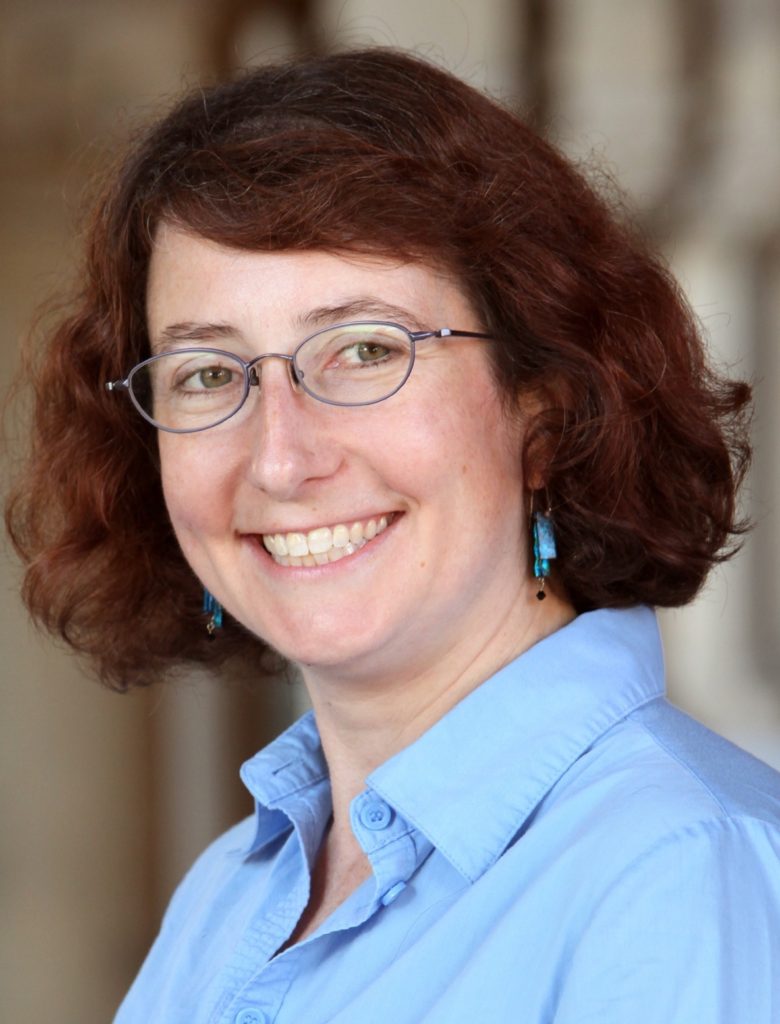I have been thinking about the phrase “it’s easy,” and how hurtful that phrase can be. Just because something is easy for one person doesn’t mean it is easy for everyone. And conversely, just because something seems like it will be hard doesn’t mean it will be hard.
Maybe you think someone doesn’t have a lot on their plate compared to you. But maybe their plate is smaller than yours and doesn’t have a lot of room to begin with. Or maybe their plate is paper, and their flimsy paper plate can’t hold as much as your sturdy ceramic plate can.
Secret Kindness Agents
Sometimes “it’s easy” is deployed in a very personal way – something I think is easy but someone else might not find easy. For example, I think functions are fairly straightforward – easy, even – but for many students they are one of the most challenging parts of programming. Even when I am frustrated as a teacher, telling my students that it is easy doesn’t help them understand, it only makes them feel worse about how challenging they find it.
When I taught middle school, a teacher down the hall had a big sign in her class that said, “YET.” Her philosophy was that when students did not succeed, it was because they had not yet mastered the material. What a forgiving and empowering view of learning: it isn’t that students are deficient, it’s that they aren’t strong yet. Yet is a very growth mindset point of view.
On the flip side, “it’s difficult” can be just as arbitrary. One teacher I know believes that nothing is truly difficult (even functions!), that if students are struggling, it means we aren’t teaching it very well.
One example of something that seems hard is recursion. We have a shared belief that recursion is hard. It means that students come to believe that recursion is hard. Yet at its most basic, the idea that a function can call itself isn’t that hard. And especially for problems that are recursive in nature – the Fibonacci sequence for example – the recursive solution is obvious, and is what students will natively come up with if asked to figure it out.
Thinking things are hard or easy can be a barrier for students – scaring them or preventing them from accessing things we perceive to be too hard, or making them feel bad for not grasping things that are “easy.” Hopefully we can all achieve the goal of making learning accessible – not too hard and not too easy.

At-Large Representative
